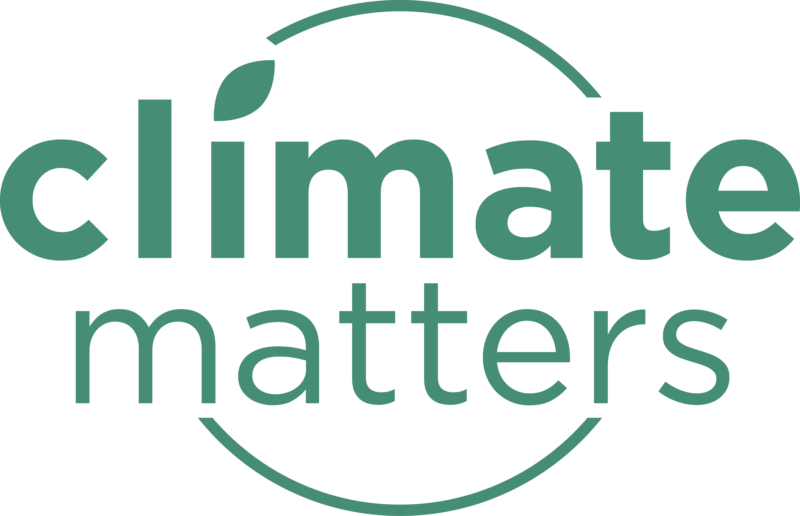What Can We Expect From COP27?

As every year, November will be another high season for international climate politics – with the 27th Conference of the Parties – the COP27 – starting next week. From November 7 to 18, delegates of all nations from the UNFCC will gather in Sharm El Sheikh, Egypt, to discuss how to proceed with international climate […]
The Australian 2022 Election: moving in the right direction?

“It’s going to get worse before it gets worse”, summarised Liberal Party pollster Tony Barry on election night. And while the intricacies of the Australian preferential election system still keep the official final outcome open, the devastating defeat of the centre-right alliance, the “Coalition” of the Liberal and National Parties, was already certain.
Why Don’t We Act Now? The discrepancy between climate change awareness and action
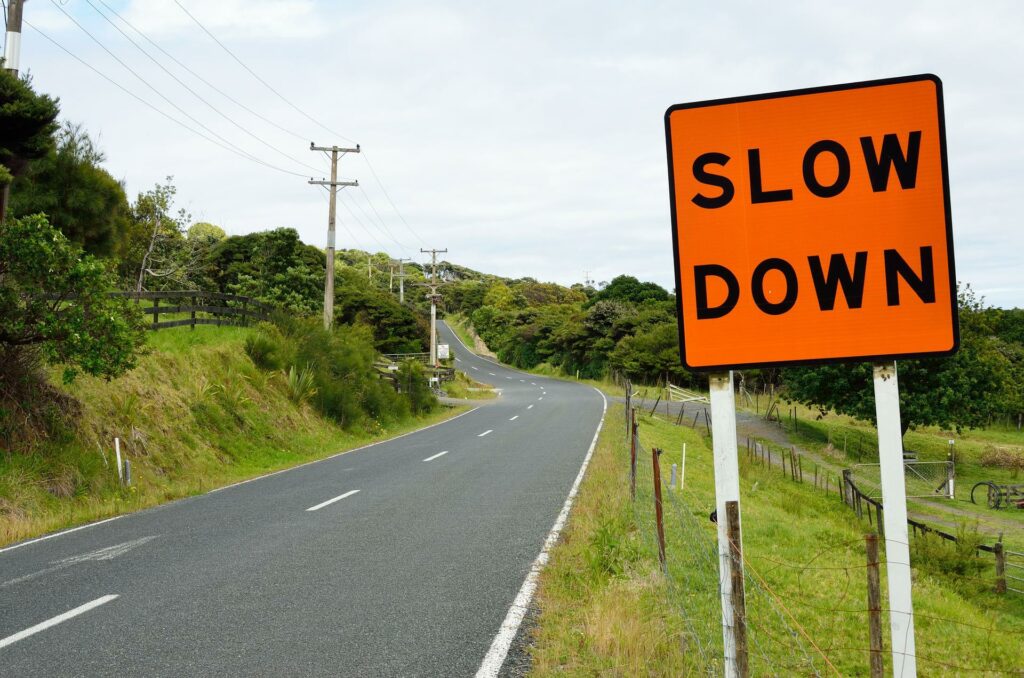
The 6th IPCC Report of Working Group 3 was published just about two months ago, on April 4, and stated once more and in further detail the urgency to mitigate climate change. As known, the Intergovernmental Panel on Climate Change (IPCC) consists of politicians and scientist of the United Nation, grouped in three working groups […]
Eine Allegorie an den Klimawandel: Filmkritik „Don´t Look Up“ (2021)
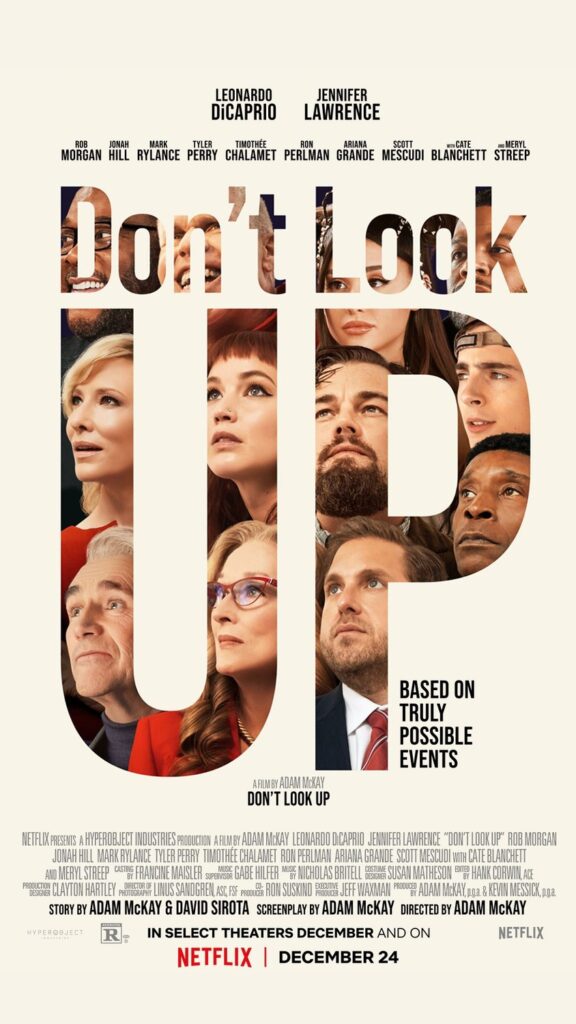
Netflix appelliert mit der Veröffentlichung von „Don´t Look Up“ am 24. Dezember 2021 daran, die Wissenschaft ernst zu nehmen. Die Anspielung auf die Klimakrise und dessen Leugnung sind nicht zu übersehen. Dabei verfehlt er die Darstellung der gesellschaftlichen Lage und Handlungsfähigkeit. Wahrscheinlich, weil er diese nicht anerkennt.
Unseen Scenes From COP26: E-Racing Cars And Youthwashing Events
“COP has now become a Global North Greenwashing Festival”, summarized Greta Thunberg as she closed the rally of the Youth Climate Strike in Glasgow. Greta has come a long way. In 2018, COP24 elevated her voice onto the global consciousness. The young, then 15-year-old girl talking in an accusing, emotional tone, to the distant, very […]
Why Climate Policy is not the same as Environmental Policy
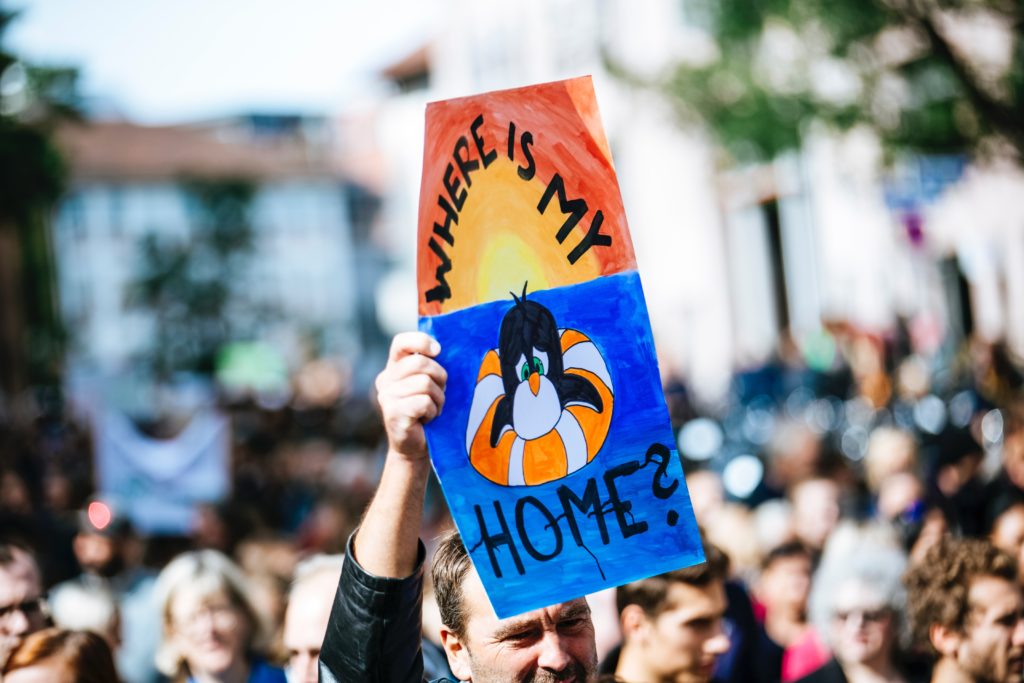
Climate change is receiving more and more attention. While the topic has traditionally been seen as an environmental issue, it is now increasingly reaching beyond and detaching from the sphere of classical environmental policy. In this piece, I will argue that this is a good thing. The environmental movement has been around for half a […]
Addressing the Nation: Pandemic!
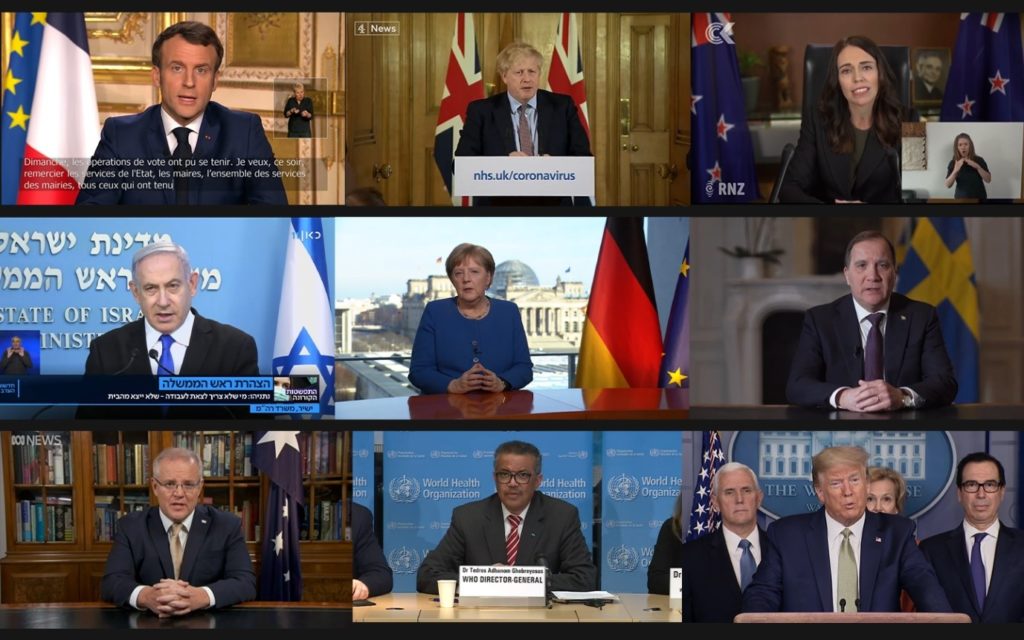
How was the Covid-19 pandemic communicated by different leaders in their televised speeches and why does it matter? Six months have passed since nations of the world have locked-down against the spread of Covid-19. After its classification as a pandemic by the World Health Organization on 11 March 2020, leaders have addressed their nations to […]
A Short Personal Guide to Climate Change Conversations

As natural scientists, we hopefully learn multiple concepts about uncertainty throughout our education and research, and, at some point, the time will come when we need to put them into practice. This post comes from the necessity of a first approach to assemble some of the multiple guidelines and recommendations that we receive regarding climate […]
Warum das Zwei-Grad-Ziel ein (Kommunikations-) Problem ist

In seinem Kommentar zur Klimapolitik hat sich der Innenpolitik-Chef der FAZ kürzlich schwer vertippt: Er schreibt, es gäbe „die Verpflichtung, bis 2050 die Erwärmung deutlich unter zwei Grad zu senken“. Dabei ist es natürlich so, dass sich die Zwei-Grad-Grenze, so wie sie die Staatengemeinschaft 2015 in Paris beschlossen hat, auf das Jahr 2100 bezieht. Fehler […]
Climate change litigation with a global approach: Interview with attorney Gisela Toussaint
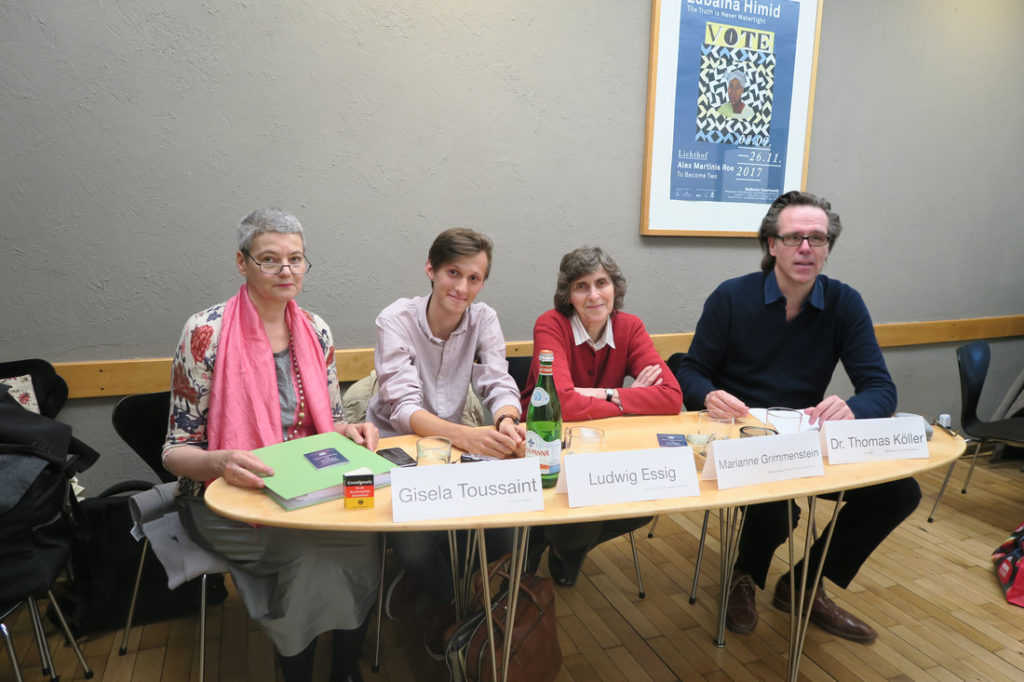
A while ago, we explained what climate change litigation is, and presented some case examples that have been featured in the media (see here). For this post, we conducted a telephone interview with the climate change litigation expert Gisela Toussaint, who has already been part of several initiatives appealing to different courts. She explains further […]
